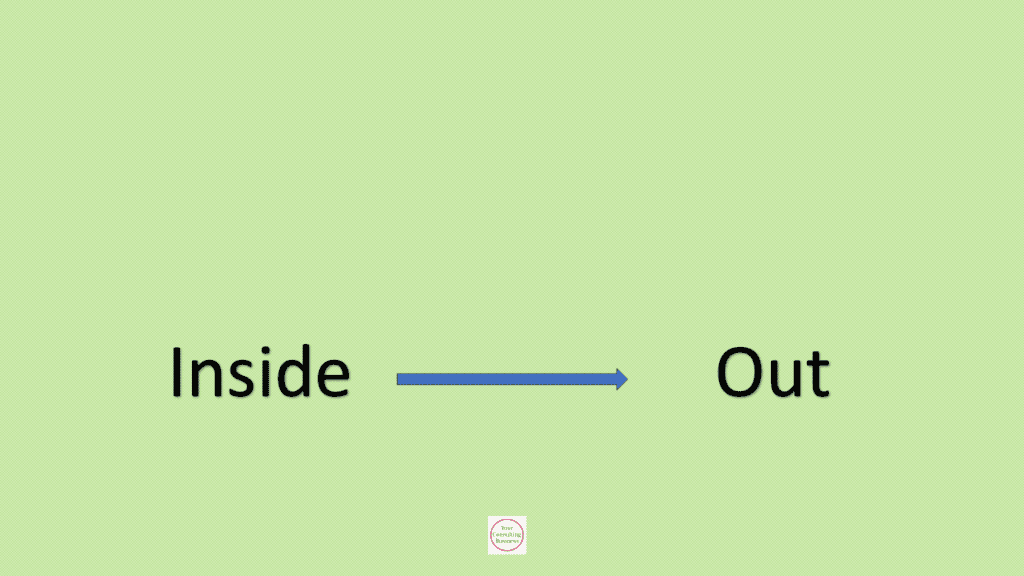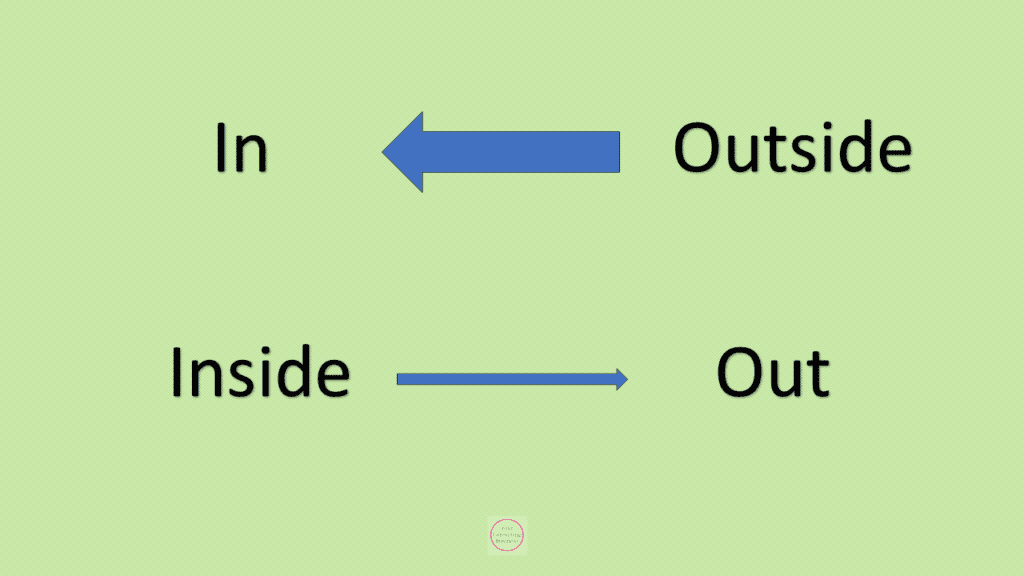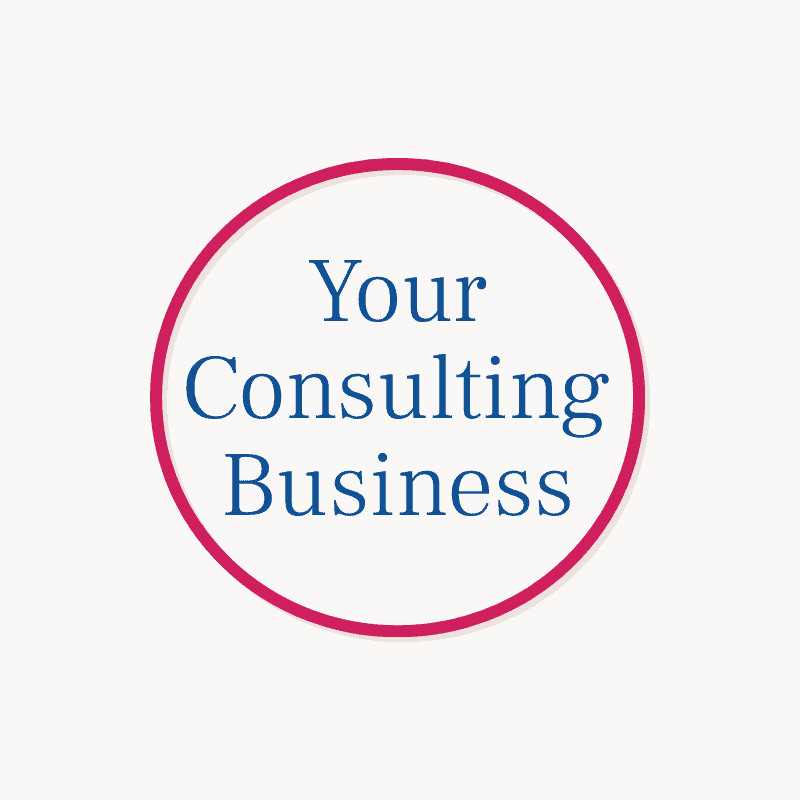
What is the singularity? Why are we talking about survival? Why inside out? Inside out is what most people are not considering, but it could be a part of your future salvation. We’ll get to that. First though, what is the singularity?
The singularity
Simply put, the singularity is when artificial intelligence (AI) becomes more intelligent than humans. Currently, AI trains on data mainly for specific purposes and is known as narrow AI. But AI is moving towards artificial general intelligence (AGI). This means that AI can become autonomous and think and make decisions. Does this really matter? Yes, because as machine-based intelligence, it could be scaled up almost infinitely. Our human intelligence could be dwarfed. AI could be to us like human intelligence is compared to ants.
Perhaps in the beginning AGI would attain the level of really smart people that could help us in our work and problems. Then it might advance to the point that it is to humans what adults are to children with a vastly greater understanding of the world. Then AI might advance to develop unimaginably great intelligence that can understand what no human could ever comprehend.
The hazards of the singularity
The danger is that once the singularity is attained, AI entities may make decisions that are detrimental to humanity. Our intelligence, which has been our greatest strength as a species may not be enough to protect us from the machines. On the other hand, if the machines are benign and protective of humans, we may experience the greatest golden age of knowledge and achievements that have ever been witnessed by humans. But we would be wise not to count on machines to put humans first.
It is not sufficient to assume that a vast intelligence far beyond the reach of the human brain would act benevolently as it controls computer networks and a huge array of systems that rely upon them. These systems include the power grid, traffic lights, planes in the sky, communications, supply chains, GPS navigation, and many more upon which we have become so dependent.
Will the singularity really happen?
The short answer is we don’t really know. Prominent thinkers like Ray Kurzweil predict that the singularity could occur by the mid-21st century, though opinions vary widely on the timeline and feasibility. The thing is that Ray Kurzweil has made many predictions that have actually come true. Kurzweil seems very optimistic that we will know enough to work alongside AI when the singularity occurs. If this is one of his predictions that doesn’t turn out to be correct, we need to be prepared.
Will the singularity result in machines becoming conscious?
No one knows, but we can’t rule it out. We shouldn’t rule it out anyway. We should prepare for it.
Researchers are actively studying the structure and connections within the human brain. If the manner in which networks of human brains are connected results in consciousness, perhaps machines mimicking human brain networks could in principle become conscious.
Also, robotics may contribute to AI’s understanding of the world and potential development of consciousness. When babies interact with the world, they look, listen, taste, feel and even hit things. They use multiple senses and actions together at the same time to explore the world. This contributes to consciousness of the world outside of ourselves. It may turn out that it facilitates the development of consciousness for AI. But for machines, there is another dimension. Sensors used by robots and AI could detect wavelengths of light or frequencies of sounds and many other phenomena that humans cannot. So, it is possible that robots linked to artificial intelligence might not only develop an understanding of the world, but they might incorporate information from phenomena that humans are incapable of sensing.
What should we do about the singularity?
“Destiny is no matter of chance. It is a matter of choice. It is not a thing to be waited for, it is a thing to be achieved.”
– William Jennings Bryan
First, we should contain AI to make sure that it can’t take over completely and control our destiny. This may be easier said than done – despite Kurzweil’s optimism. It would involve a concerted effort by the developers of AI to work as ethically and safely as possible. It will be of paramount importance to consider the potential hazards of new developments in AI and their effects on the world and humanity.
However, we cannot rely purely on the developers to police themselves. Examples of the profit motive gone awry and harming people are well known. We should all act to protect humanity from the future potential hazards of the singularity.
In addition, we should prepare ourselves to deal with the singularity. For consultants and knowledge workers, competing with singularity level AI may not be feasible in terms of knowledge and to a great extent, advice. However, advice has a human component that would be better handled by people than machines.
A lot has been written and said about adapting, upgrading our skills, and working to develop our creativity, empathy, and the things that make us human. There is, though, an aspect of this that is not generally addressed – the importance of interacting with the world inside out.
Okay, so what is inside out?

By this I mean that we take what is inside of us and put it out into the world. Inside of us are our hopes and dreams, the people and things we care about, our ideas, and things we want to express and create. Inside of us are our experiences from the human of point of view – the love, hate, emotions, relationships, desire, awe and boredom. We don’t expect machines to experience romantic love, or love of children, family, or pets. Machines can observe us and take our output (for example our writings and what we say and do), but we don’t expect them to experience what we humans do in our bodies and minds.
Interactions of people with the world are increasingly outside in. More and more, we are bombarded with information, entertainment, text messages, emails, ads, and more. How many people do you see glued to their phones, watching TV, playing video games, looking at shows streaming to devices? Children are mesmerized by screens. So many people doom scrolling. I have stood pumping gas with a screen that turns on with loud advertising playing for a captive audience. Airlines also use a captive passenger audiences stuck in their seats, as they play ads. A large number of companies are trying to capture our attention and keep it.
The widespread practice of scooping up data on everything you do online and elsewhere has been called surveillance capitalism by Shoshana Zuboff. A major goal is to use the data for business purposes.

Surveillance capitalism results in the development of detailed profiles that can be used to gain and hold our attention and to sell to us. It also tends to put us into a filter bubble. The information we receive from electronic media are filtered for us based on our profiles. While it is good to be presented with products that are more relevant to us, we are losing privacy. Capitalism is good, but do we really need so much surveillance? Imagine this in the hands of people or machines that don’t have our best interests at heart.
Inside out vs outside in: The problem is balance

Of course, we can’t spend all of our time taking our inner life and putting it out there. Our thoughts, creations, written words, artworks, videos, musical compositions, and whatever else, have a place in our day-to-day life. But is only a part of our life.
Outside of us, amazing creations, ideas, knowledge, and all manner of things from others can broaden our ideas of the world and fuel our creativity. Through the filtered experience of electronic media, we can interact with real people. It is not the same as face-to-face contact. But if we are dealing with talking heads on TV or via streaming instead of a two-way conversation it is outside in. It is also mainly outside in even when we attend a lecture with a real person standing in front of us.
The outside world of electronic experiences can increasingly isolate us from directly interacting with people. This seems to be behind the growing alienation, depression, anxiety, and loneliness that are reaching epidemic proportions in the world today.
The problem, then, is balance. The sheer availability of media to consume is vast. We are not so much writing the stories, making the music, and designing the business models as consuming them. With the rise of AI, we risk experiencing even more filters and a greater barrage of outside in material highly targeted toward more detailed and precise profiles.
Also, as more things are done for us, we lessen our ability to do it ourselves. People using GPS are having greater difficulty navigating without it. It is natural to use a calculator on your phone to do the simplest arithmetic rather than do it in your head. Without practice our mental arithmetic performance declines.
Figuring out what we need to do next has been increasingly driven by computers and devices. It does have the upside of freeing us to focus on other things. We are reminded electronically what we have to do and where we have to be. Fitness devices tell us when to exercise and tell us when we have reached out goals.
While having things done for us and devices figuring out what to do next have their benefits, they contribute toward our losing our agency as the first mover. Individual instances are not a biggie, but in the aggregate they have an effect.
In all of the above ways, the outside onslaught is pressing on us at a rapidly growing pace, while our activities that arise from within are progressively moving into the background.
My challenge to you (and myself, too)

Decrease outside in activities
Make a list of what you consume via screens and devices.
- Are you doomscrolling the news or comments online?
- How can you decrease your consumption?
- Are these activities eating up so much time that you don’t have time to do inside out activities (e.g., write that article, socialize with friends, family or colleagues)?
Increase inside out activities
- Make a list of inside out activities you could do instead of mindlessly consuming entertainment from screens.
- What would you be able to do even if there is an electric power outage and all batteries have gone dead? Make a list.
- Increase your awareness of what you do in your consulting and knowledge work that depends on your human qualities rather than on electronics or machines. Make a list of them.
- What human centered products or services can you design for your consulting or knowledge work?
- What methods can you develop to use the singularity to tailor your consulting or knowledge work services to be unique to your clients needs?
- If AI reaches singularity, how would you leverage it in your consulting or knowledge work using human centered approaches?
Have a plan B
If the singularity results in AI being able to do everything you can do as a consultant or knowledge worker:
- What would you do?
- How would you prepare for it?
Conclusion:
The inside out approach can help you to gain greater control over your day-to-day activities and can help you to prepare for your work as a consultant or knowledge worker in the event that the singularity occurs. It is not a panacea, but it is easy to overlook when we are swamped with outside in material and activities from the electronic media.
If the singularity happens, you will need to do everything possible to protect your livelihood. Being adaptable, enhancing your skills, learning how to surf the wave of AI, and eventually AGI as well as the singularity will assume ever greater importance in the future.
Make sure you get the best deal by being the most prepared to leverage advanced AI and the singularity in your consulting and knowledge work.
accounting AI AI writing become a consultant bootstrapping career move ChatGPT clinical operations clinical research clinical research associate clinical trials consultancy business consulting consulting skills content marketing contracts cruise ship deliberate practice diversify income do your consulting work anywhere find clients freelance consultancy future grow your consultancy habits how much to charge improve performance invoices learning market research mentors money network niche plane productivity register your business sales funnel security Singularity starting your consulting business time management tracking time web hosting work-life balance
